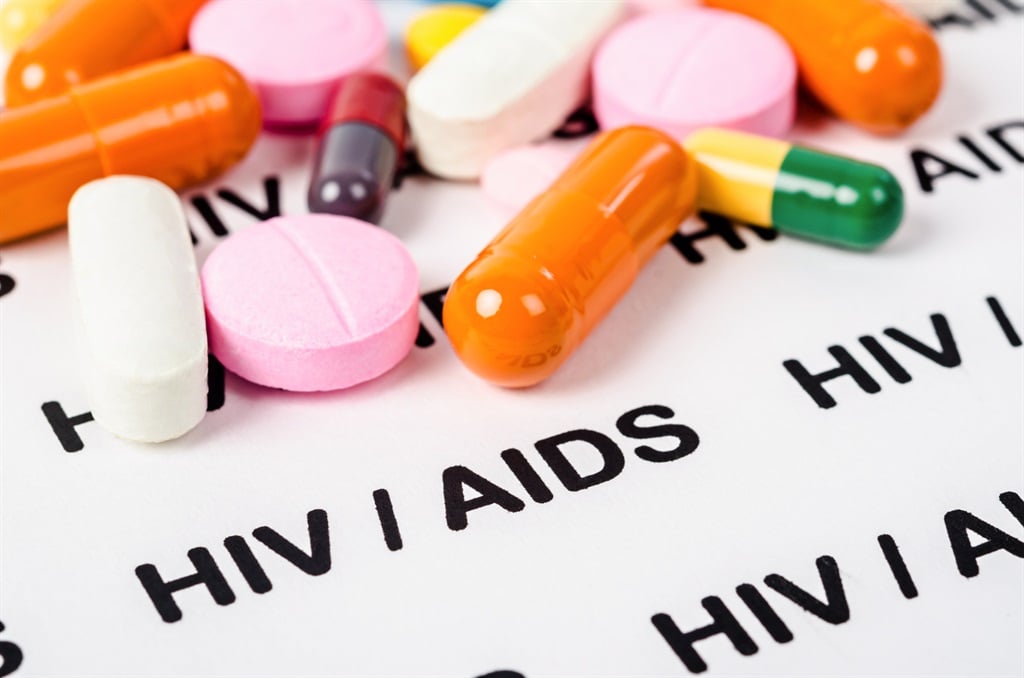
- When ARVs were introduced in 2002, there was a huge demand for them.
- In 2020, Eswatini became the first African country to achieve the 95-95-95 target, well ahead of 2025.
- Community-led organisations demand to be placed at the centre of HIV response and supported, both financially and politically, if the country is to end Aids by 2030.
In 1991, Hannie Dlamini, then 18 years old, tested HIV-positive. At the time, that was a death sentence in what was then called Swaziland.
There were no antiretroviral medicines for the 73 000 people living with the virus, according to Joint United Nations Programme on HIV/Aids (UNAIDS) numbers, since the first case was recorded in 1987.
By 1995, about 2 400 people had died of Aids, and Swaziland had the highest HIV prevalence in the world.
Instead of sinking into depression and giving up on life, Dlamini became one of the first people to openly declare their condition and soon became an HIV activist.
The public sector began providing antiretroviral therapy in 2001 at Mbabane Hospital, and in 2002, Dlamini was part of the history-making movement that fought for community-based ARV programmes.
"When we asked the government [in 2002] for ARVs in Eswatini, we did a pilot project with NECHA [National Emergency Response Council on HIV/Aids] to see if people would use the drugs," Dlamini said.
He added:
The overwhelming response could be one of the drivers of Eswatini achieving the "95-95-95" target in 2020, becoming the first African country to do so ahead of the 2025 set date.
The target means that 95% of people living with HIV should be diagnosed, 95% of those diagnosed with HIV should be receiving antiretroviral therapy (ART), and 95% of all those receiving ART should achieve viral suppression.
According to the World Health Organization (WHO), the number of new HIV infections has steadily declined over the years, falling from 14 000 in 2010 to 4 800 in 2020, and is anticipated to fall further to 4 300 by the end of this year.
HIV-related deaths have also decreased, from a peak of almost 10 000 in 2005 to 2 600 in 2021 and 2 370 in 2022.
Mother-to-child transmission of HIV has also dropped from 6.3% in 2017 to 1.2% in 2022.
Dlamini and other people living with HIV and non-governmental groups continue working to eliminate Aids in Eswatini by ensuring that everyone living with HIV and in need of treatment has access to it.
As a support group for people living with HIV, they established the Swaziland Aids Support Organization (SASO), a community-led organisation.
SASO offers people living with HIV critical information on general healthy living.
Community-led initiative
Dr Michel Morisho, an HIV management specialist at Mbabane Government Hospital, acknowledged that "government could not have achieved 95-95-95 without communities".
He added that it was government policy that anyone who went to seek medical care at a public hospital would also be offered an opportunity for HIV testing and counselling.
He said:
Morisho said this was part of an ambitious 100-100-100 target, an upscale from the 95-95-95.
Community organisations such as Kwakha Indvodza are also key in encouraging men to take full responsibility for their well-being and reducing toxic masculinity and gender-based violence, which are some of the drivers of HIV.
Ntsiki Shabangu, 28, was diagnosed with the virus in 2015.
Two years later, she opened up about her diagnosis and started working with the Eswatini Network of Young Positives, a local non-governmental organisation working to end Aids among young people by providing counselling and HIV awareness training.
By opening up, she sees a role model in herself.
"When you share your story, you bring hope to young people," she said.
READ | OPINION | There is no Planet B: How HIV can teach us to deal with the climate crisis
Shortcomings
While Eswatini is on the path to ending Aids, the country is facing other health burdens associated with ageing, including non-communicable diseases such as diabetes and cancer.
People living with HIV are not often more affected by these illnesses.
Some people living with HIV tend to develop these comorbidities, which presents the need for the strengthening of the healthcare system to provide easily accessible holistic disease management and treatment along with HIV services to improve quality of life.
Thembi Nkambule, a woman who has been on HIV treatment for more than 20 years, spoke from experience.
She said:
According to UNAIDS, to protect the gains that have been made against HIV and Aids in Eswatini, the government should invest more resources in building a resilient healthcare infrastructure to strengthen their system.
This would better meet the health needs of people living with HIV and to prepare for future pandemics.
UNAIDS further asserts that community-led organisations should also be placed at the centre of HIV response and supported, both financially and politically, to reach more people who need HIV services to end the epidemic as a public health threat by 2030.
The News24 Africa Desk is supported by the Hanns Seidel Foundation. The stories produced through the Africa Desk and the opinions and statements that may be contained herein do not reflect those of the Hanns Seidel Foundation.




 Publications
Publications
 Partners
Partners
























